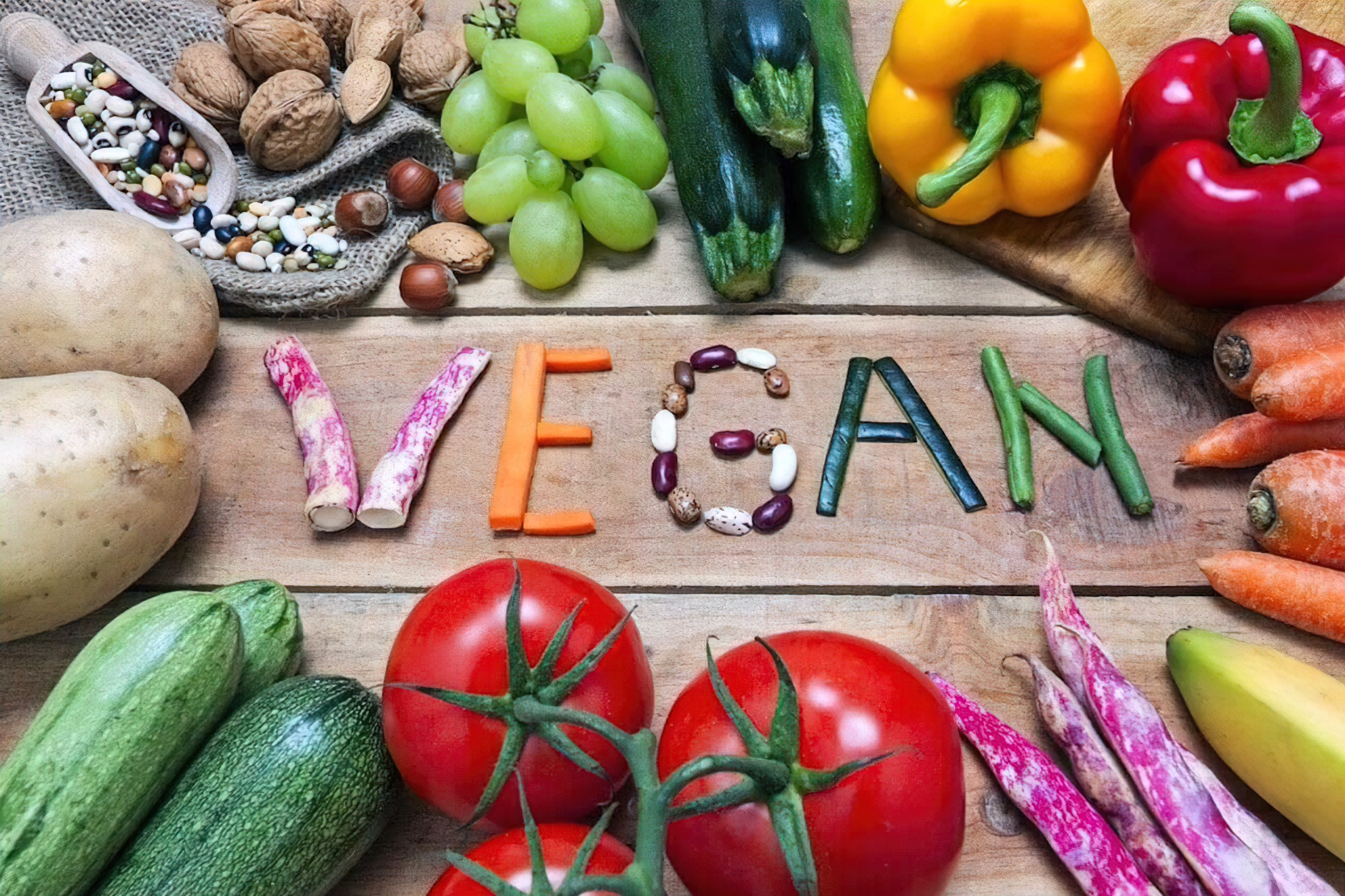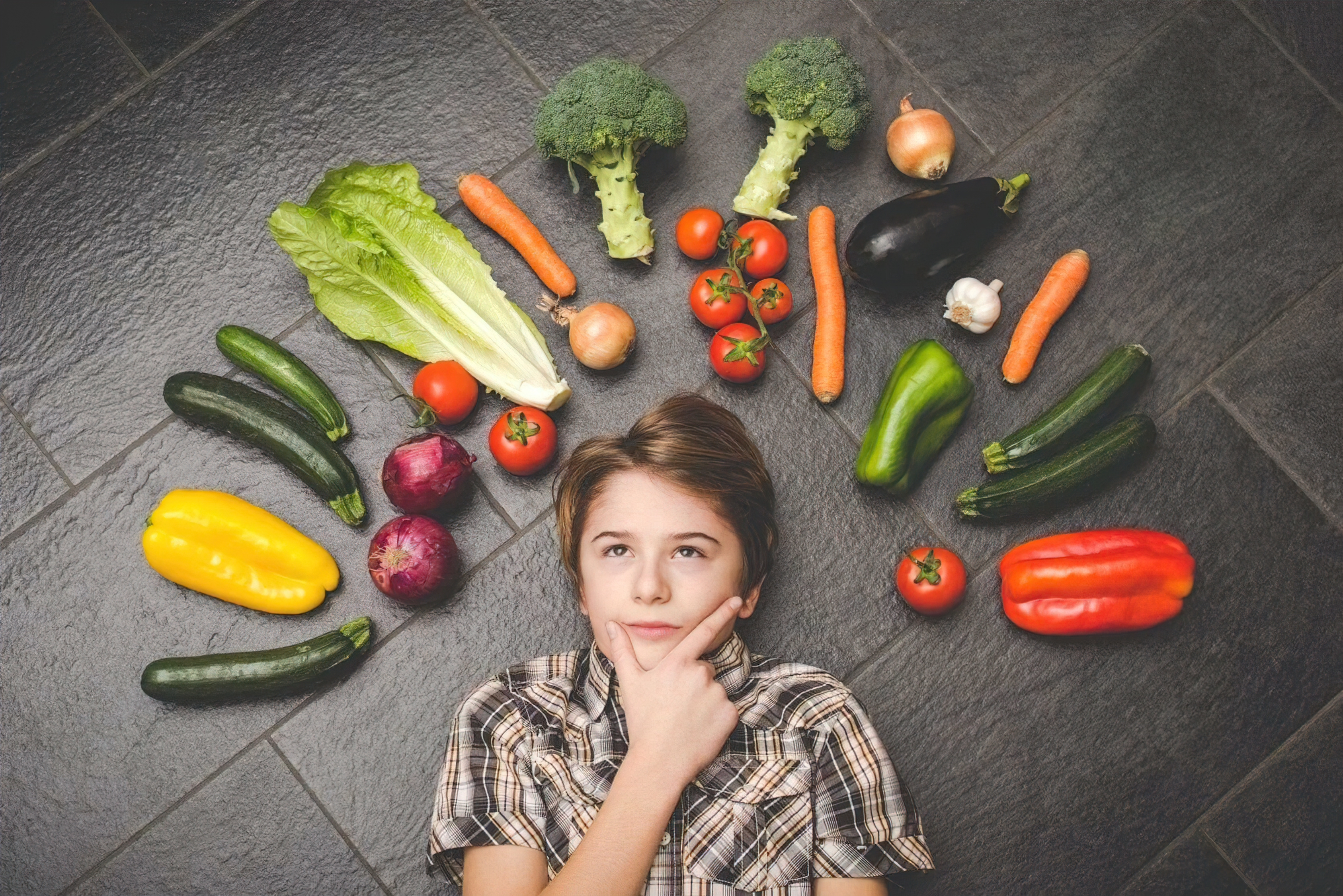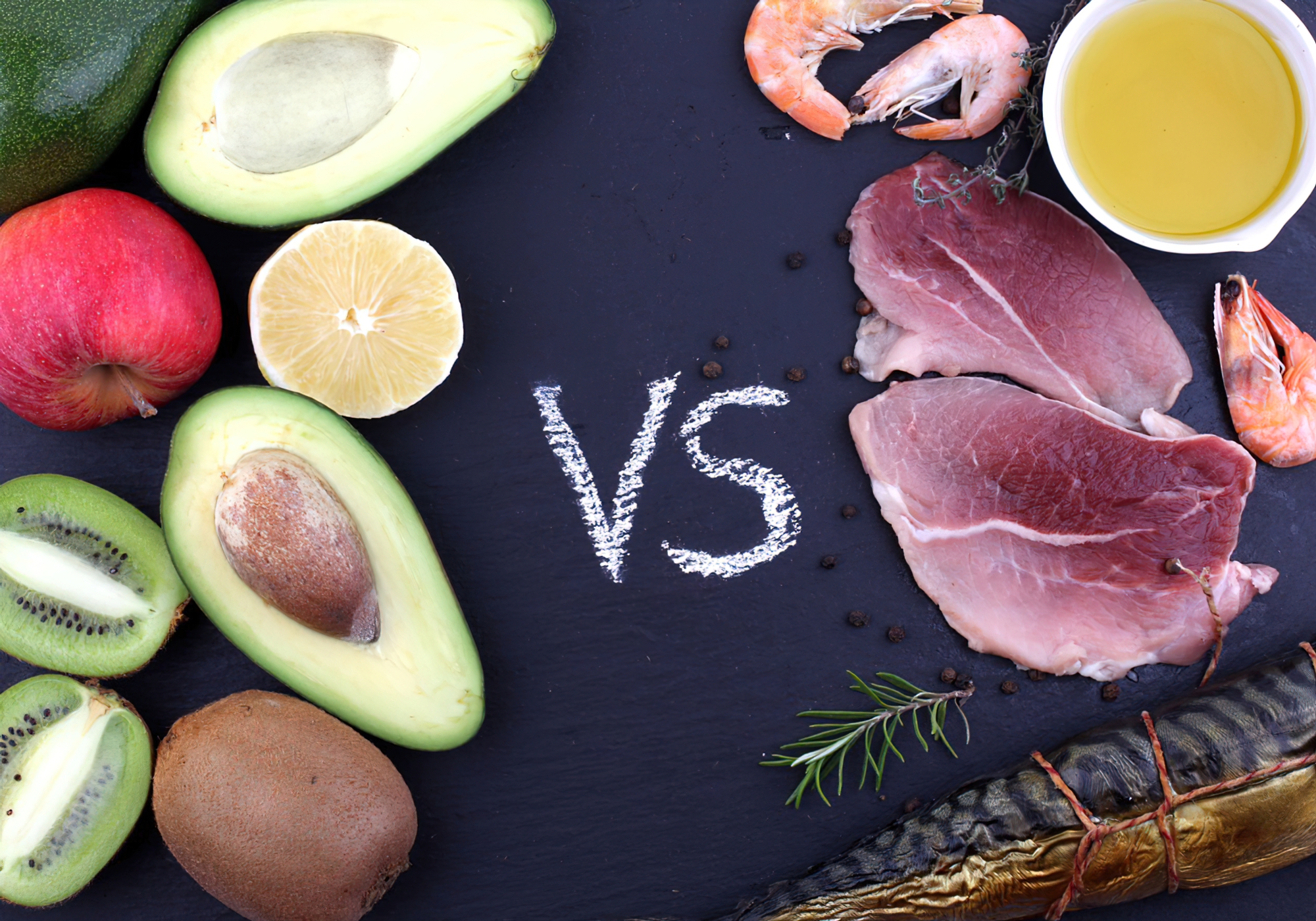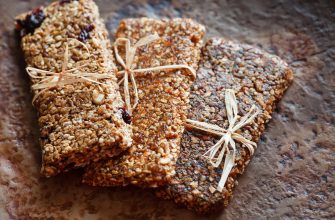The Intersection of Vegetarianism and Aging
Adopting a vegetarian diet is a personal choice that can be motivated by several factors, including health, environmental concerns, or ethical reasons. As we age, our nutritional needs change and a well-planned vegetarian diet can offer numerous health benefits that are conducive to healthy aging.
- Understanding the Nutritional Benefits of a Vegetarian Diet
- Addressing Nutrient Needs as We Age
- Managing Potential Challenges
- Tips for Transitioning to a Vegetarian Diet in Older Age
- Understanding the Impact of Vegetarianism on Aging
- The Role of Antioxidants in Aging
- Protein and Aging: Debunking the Myth
- The Importance of Regular Health Checks
Understanding the Nutritional Benefits of a Vegetarian Diet
A balanced vegetarian diet can provide all the necessary nutrients your body needs. Rich in fiber, antioxidants, and other essential nutrients, plant-based foods can help lower the risk of chronic diseases such as heart disease, diabetes, and certain cancers. Research shows that a vegetarian diet can help reduce blood pressure, improve cholesterol levels, and maintain a healthy weight – all key factors in promoting longevity and a healthy aging process.
Addressing Nutrient Needs as We Age
As we age, our bodies require more of certain nutrients, and a vegetarian diet can provide these in abundance. For instance, calcium and vitamin D, crucial for bone health, can be obtained from plant-based sources like fortified plant milks and dark leafy greens. Protein, often a concern for vegetarians, is plentiful in foods like legumes, nuts, seeds, and whole grains.
Managing Potential Challenges
While the health benefits of a vegetarian diet are clear, certain nutritional deficiencies can occur if the diet isn’t well-planned. Vitamin B12, typically found in animal products, is one nutrient that vegetarians should be mindful of. However, it can be easily obtained from fortified foods or dietary supplements. Similarly, Omega-3 fatty acids, crucial for brain health, can be sourced from flaxseeds, chia seeds, and walnuts, or through algae-based supplements.
Tips for Transitioning to a Vegetarian Diet in Older Age
Transitioning to a vegetarian diet at any age requires some planning. Start slow, gradually replacing meat with plant-based proteins. Explore new foods and recipes, and consider consulting a dietitian to ensure you’re meeting your nutritional needs.
Understanding the Impact of Vegetarianism on Aging
Longevity and vitality are not just about adding years to life, but also about adding life to those years. Vegetarianism may influence the aging process in several beneficial ways. Firstly, a vegetarian diet is low in saturated fats and cholesterol, which can improve heart health and longevity. Secondly, the antioxidant-rich plant foods can combat oxidative stress, a significant contributor to aging.
The Role of Antioxidants in Aging
Antioxidants are compounds that help protect the body from oxidative stress, a process that accelerates aging and contributes to the development of diseases. Plant-based foods like fruits, vegetables, nuts, and seeds are rich in antioxidants such as vitamins C and E, selenium, and carotenoids. By including a variety of these foods in your diet, you can help combat the harmful effects of aging.
Protein and Aging: Debunking the Myth
One of the most common concerns about vegetarianism, especially in the context of aging, is protein intake. However, a well-planned vegetarian diet can easily meet protein needs. Legumes, soy products, quinoa, and seitan are excellent sources of protein that can replace meat in your diet. Regular intake of these can maintain muscle mass, which tends to decrease with age.
The Importance of Regular Health Checks
Despite the numerous benefits, it’s essential to regularly monitor your health when following a vegetarian diet. Regular check-ups can help detect any potential nutrient deficiencies or health issues early, allowing for prompt intervention.
In conclusion, adopting a vegetarian lifestyle can have a profound impact on how we age. It’s about making conscious choices, being aware of your body’s changing needs, and taking steps to meet those needs. A vegetarian diet, coupled with regular exercise and regular health checks, can pave the way for healthy and graceful aging.
